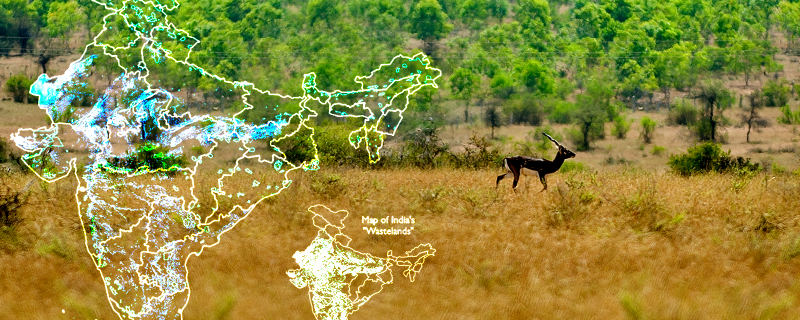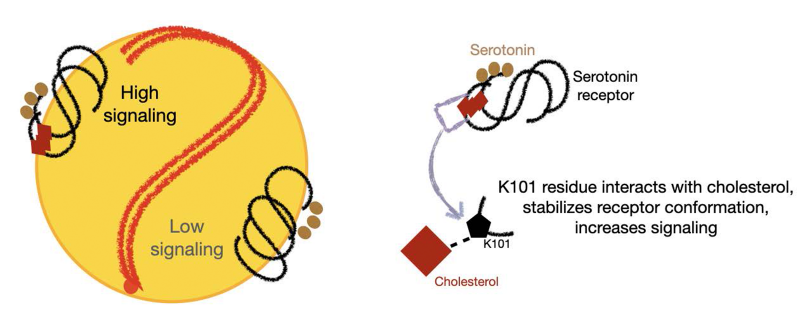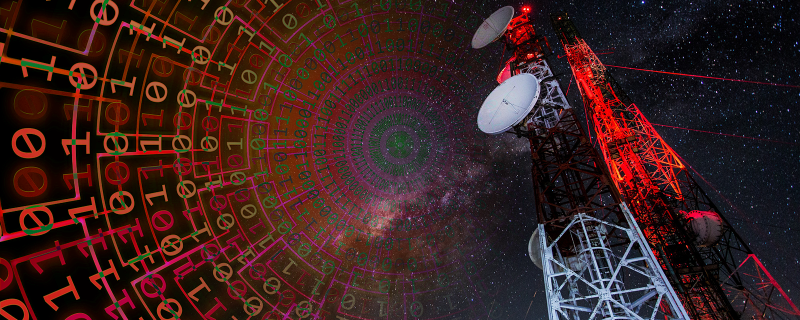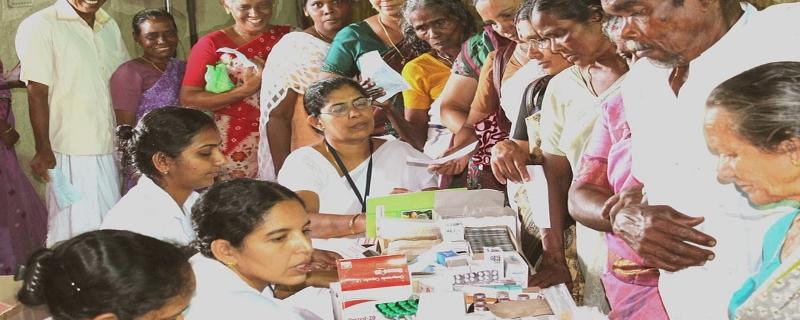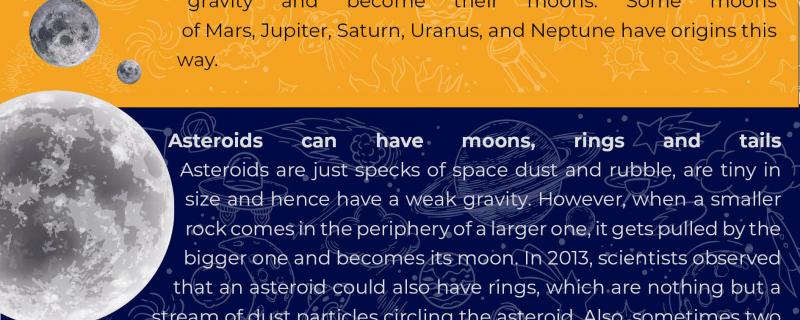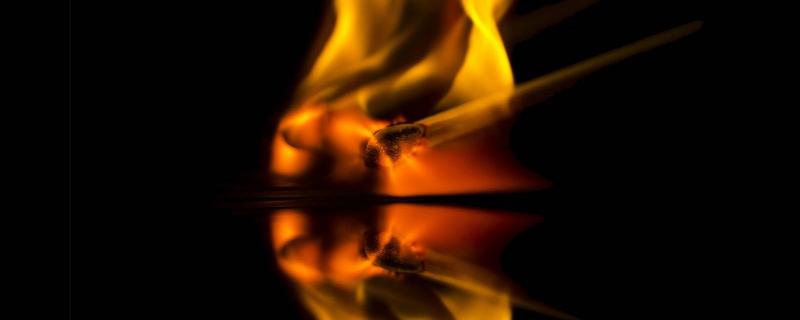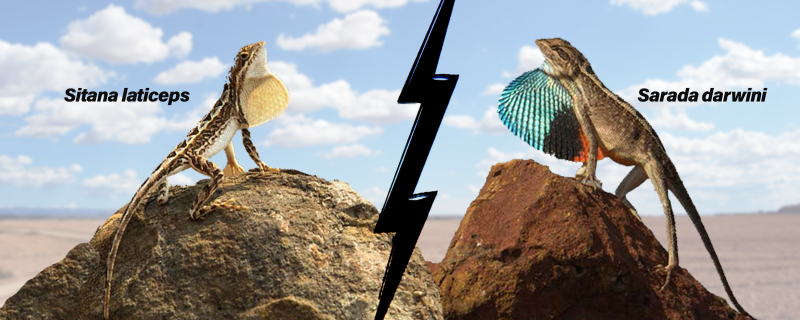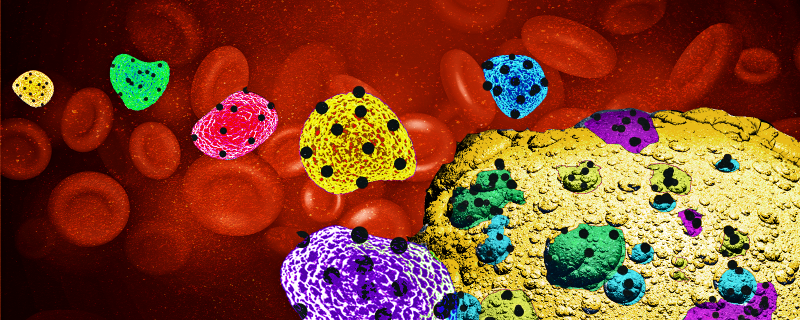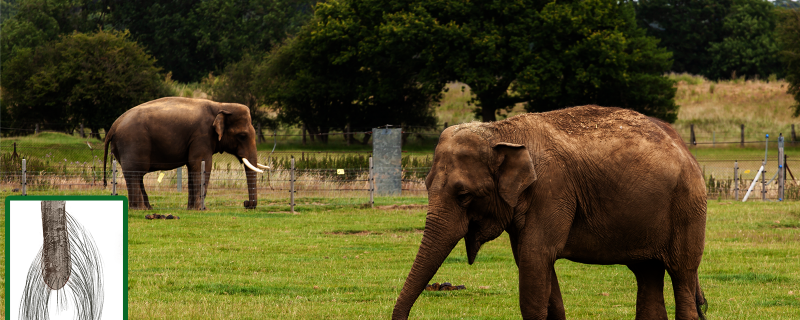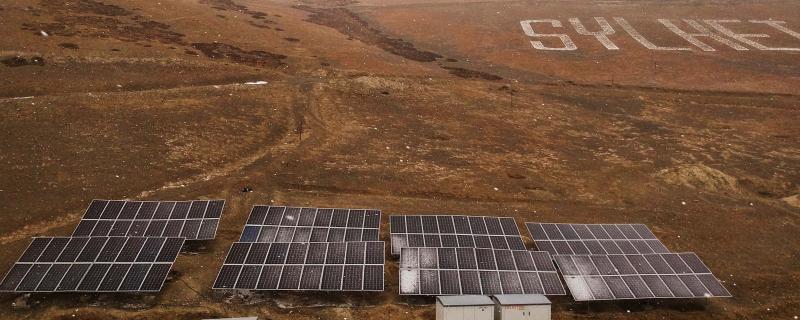Research Matters caught up with Dr M D Madhusudan, one of the researchers involved in developing a high-resolution map of Open Natural Ecosystems (ONEs) in India, to gain insights into their work. Here are excerpts from the interview.
Science
Researchers have identified that Lysine (K101) in the CRAC I region of the Serotonin receptor binds to cholesterol in the cell membrane and stabilizes its interaction with the receptor.
Researchers develop a new AI-powered algorithm that significantly improves the energy efficiency of a wirelessly powered communication network.
A study identifies that social networking plays a vital role in enhancing healthcare access for older widows in Kottayam, Kerala.
1. Asteroids are relics from the time the solar system was born
Billions of years ago, when the solar system was forming, space dust and debris fused to form rocks and rubble. As the rocks churned, they rammed into one another, merged and formed planets and moons.
Asteroids are the leftover rubble from those times. They have remained unchanged over billions of years.
Researchers find that altered signalling patterns for survival by a fan-throated lizard species could be setting the stage for its evolution
Research finds that cancer cells of different sizes and stiffness are more invasive than a group of uniform cells.
Researchers measure the levels of stress hormones in the tail-hair of Asian elephants as a technique to monitor their health and well-being.
Researchers from IIT Bombay install a solar microgrid with a hybrid storage system in a high altitude site in Sikkim.
